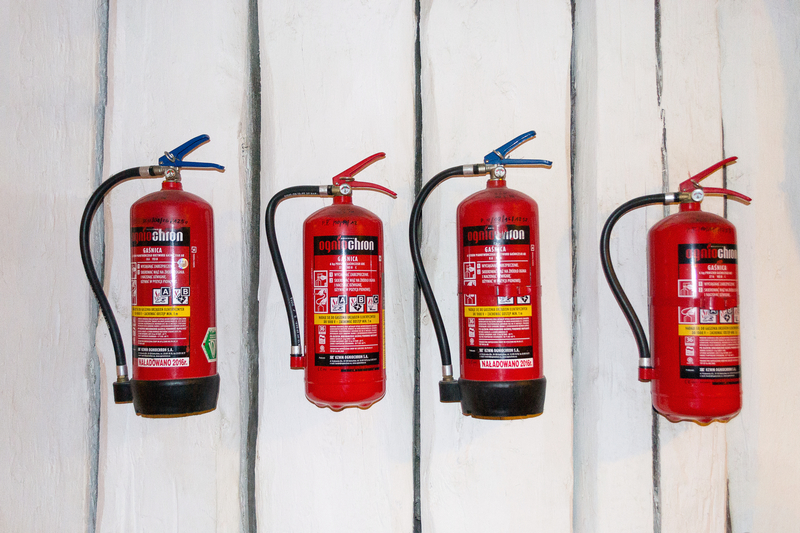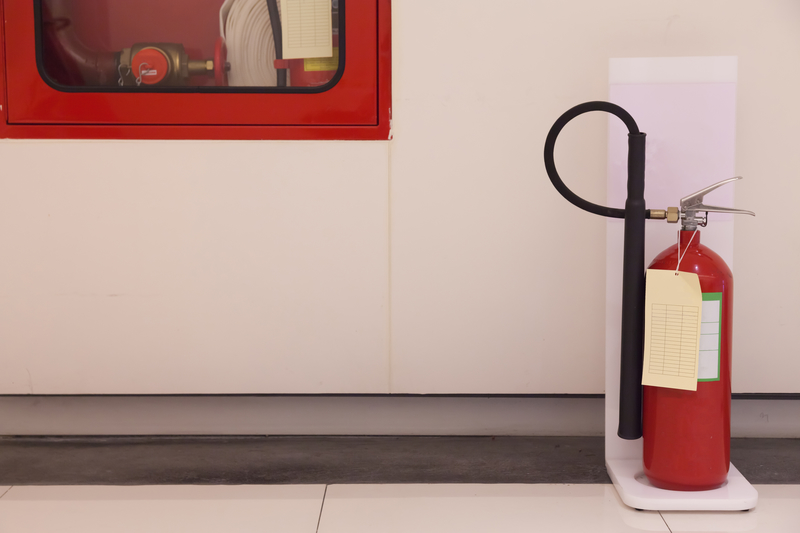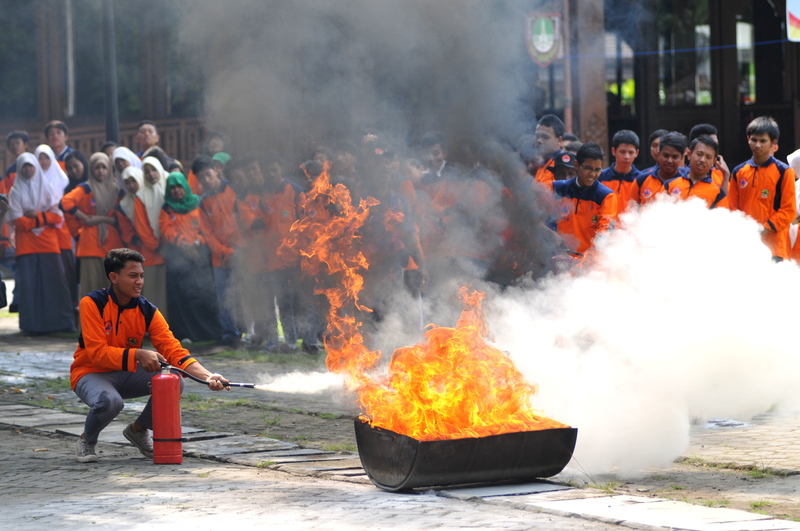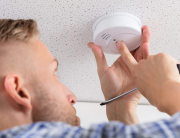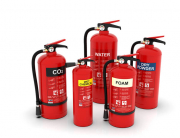Fire is like a close acquaintance that you want to keep at arm’s length. You can use it for cooking, forging metals, producing light and heat, and many others. Fire makes life more comfortable. But, fire is also dangerous if you do not handle it right. Fire extinguishers are the best defence in case of accidental fires. These are the different types of fire extinguishers and their uses:
Water Fire Extinguisher
This is useful for putting out Class A fires, or ones that came from burning materials like wood, paper and fabrics. But, you should not use this on electric fires because water can conduct electricity.
AFFF (Aqueous Film Forming Foam) Fire Extinguisher
You use this kind of fire extinguisher for fighting fires Class A and Class B fires. Class B fires come from flammable liquids like petrol, oil, paint, tar, and other similar materials. Unlike water, you can use foam fire extinguishers on fires that involve electrical appliances.
Carbon Dioxide (CO2) Fire Extinguisher
This kind of fire extinguisher puts out fires that come from flammable liquids (Class B Fires) and is best used for electrical Fires because CO2 does not conduct electricity and does not leave any residue.
ABC Powder Fire Extinguisher
This fire extinguisher is very adaptable; you can use this on Class A, Class B, Class C and Electrical Fires. It is available in many sizes and is also useful for putting out fires in places having mixed fire risks. But, the downside is that it is not advisable to use it indoors due to a risk in inhaling its powder-like substance.
Water Mist Fire Extinguisher
It is best suited for Electrical fires as it does not conduct electricity and form water puddles, which could lead to electrocution. It is also effective on Class A, Class B, Class C and Class F (Combustible Cooking Media, i.e. hot oil and grease fires on deep fat fryers in commercial kitchens, overheated oil pan fires in private houses).
Wet Chemical Fire Extinguisher
It is for use on Class F fires like burning oil and fat. You can use this fire extinguisher on Class A fires no problem, but this is not usually used for Class B fires; with the exception of the 3ltr Gloria wet chemical fire extinguisher.
Having a fire extinguisher close by is a good idea. How many times have you seen homes burned down to the ground and leaving many people homeless because a small fire grew too big too fast? In most cases, those homes did not have a fire extinguisher, usually because most people think that they are too expensive. You should not put a price tag on your family’s safety. It is always better to be safe than sorry.
Now that you know about the different kinds of fire extinguishers, you can now pick the right one for your home. Think of the kind of fire that is likely to happen in your home, and then pick the right fire extinguisher for the job.

